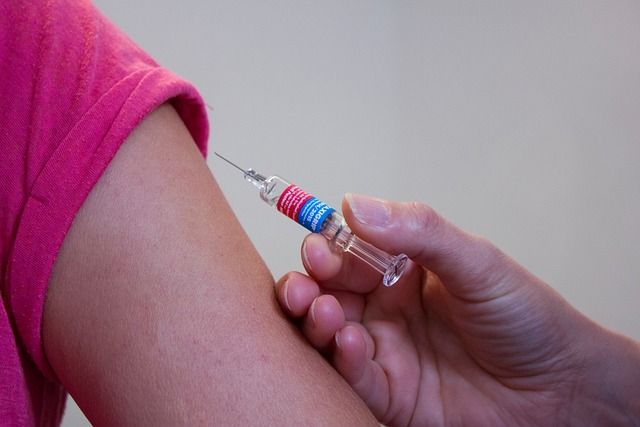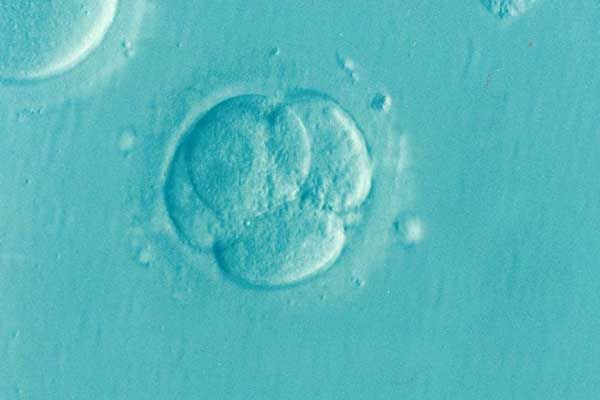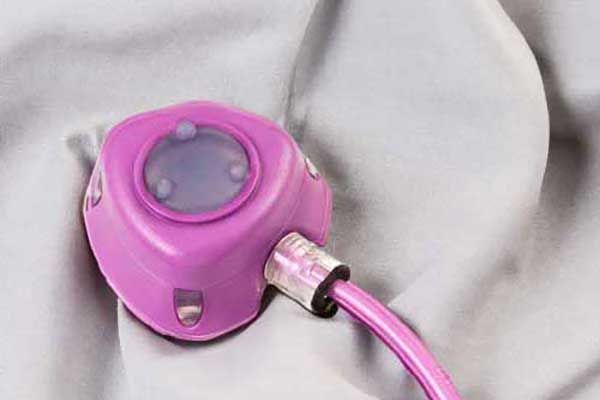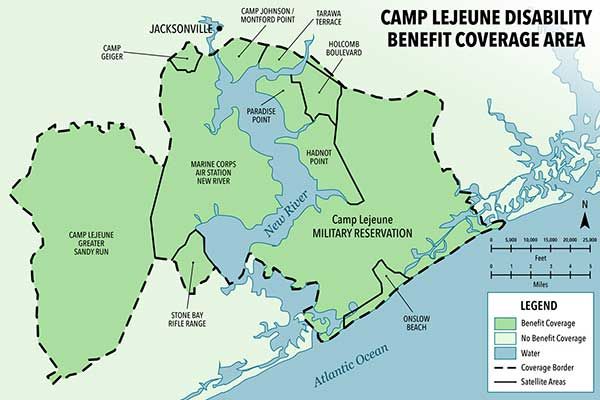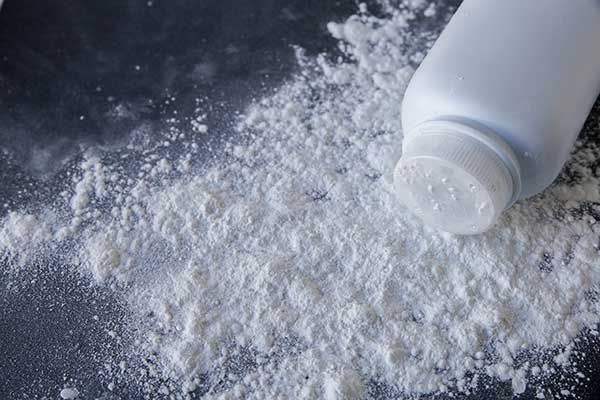

Report Suggests Strong Evidence that Toxic Camp Lejeune Water Caused Cancer
A new unpublished study reveals elevated cancer rates in military veterans and civilians at Camp Lejeune from 1953 to 1987—indicating “ground-breaking” evidence that the contaminated water caused various health issues. With the Camp Lejeune Justice Act passed last year, individuals harmed by the tainted water may take legal action until August 2024, to seek justice against the U.S. government.
Reuters reports that an unpublished study, yet-to-be-released by the Agency for Toxic Substances and Disease Registry (ATSDR), has found elevated rates of cancer in military veterans and civilian workers who were at Camp Lejeune from 1953 through 1987.
According to Kenneth Cantor, an epidemiologist formerly with the National Cancer Institute, the study increases the known number of cancers linked to contaminated drinking water at the Marine Corps Base. Cantor also notes that the study is “ground-breaking,” and offers the strongest evidence, thus far, that the toxic water caused cancer.
Established in 1941, Camp Lejeune in Jacksonville, North Carolina is the largest Marine Corps base on the East Coast. It has been home to many millions of servicemembers and their families. It is also the site of one of the worst water contamination cases in U.S. history.
For a period of 35 years, the U.S. government dumped chemicals into the base’s water supply—including industrial wastewater, fuel, solvents, and other volatile organic compounds—unbeknownst to nearly one million individuals who were serving or living at Camp Lejeune. Exposure to this water has been linked to many different kinds of cancer, birth defects, multiple myeloma, Parkinson’s disease, leukemia, miscarriage, and more.
For many people, the effects of exposure to the contaminated water were not seen for decades. Some lost babies or became infertile, only now connecting the dots that the toxic water may be the cause for their devastating losses. Others lost loved ones far too early due to the development of terminal diseases—the causes of which remained a mystery.
With the passage of the Camp Lejeune Justice Act of 2022, veterans and their families now have a means to seek justice. Anyone who lived or worked at Camp Lejeune between 1953 and 1987 for at least 30 days, was exposed to contaminated water, and harmed by such exposure may take legal action. This includes veterans, civilians and families, and even includes those who, at the time, were exposed to the tainted water in the womb.
While an initial peer review on the study was completed in April of 2023, a second, required peer review has not. This delay is frustrating to many, including those who were injured by the contaminated water on base. One man, who lived on Camp Lejeune as a child and was diagnosed with a rare case of male breast cancer at the age of 39, equates the delay of the report to withholding evidence. “By delaying the report,” he says, “the ATSDR is aiding the government in defending itself from liability at Camp Lejeune, because these reports are critical to understanding the effects of our exposures.”
The release of the study may lead to more claimants coming forward and taking action. Claimants should not wait too long, however—the time limit on filing these claims expires in less than a year, August 2024.
Contact Grant & Eisenhofer for a Free Consultation of Your Potential Camp Lejeune Claim
If you lived or worked at Camp Lejeune in North Carolina between 1953 and 1987 and believe your cancer or other serious injury was caused by water contamination, call us today. Grant & Eisenhofer P.A. attorneys can evaluate your potential claim with you during a completely free consultation.

